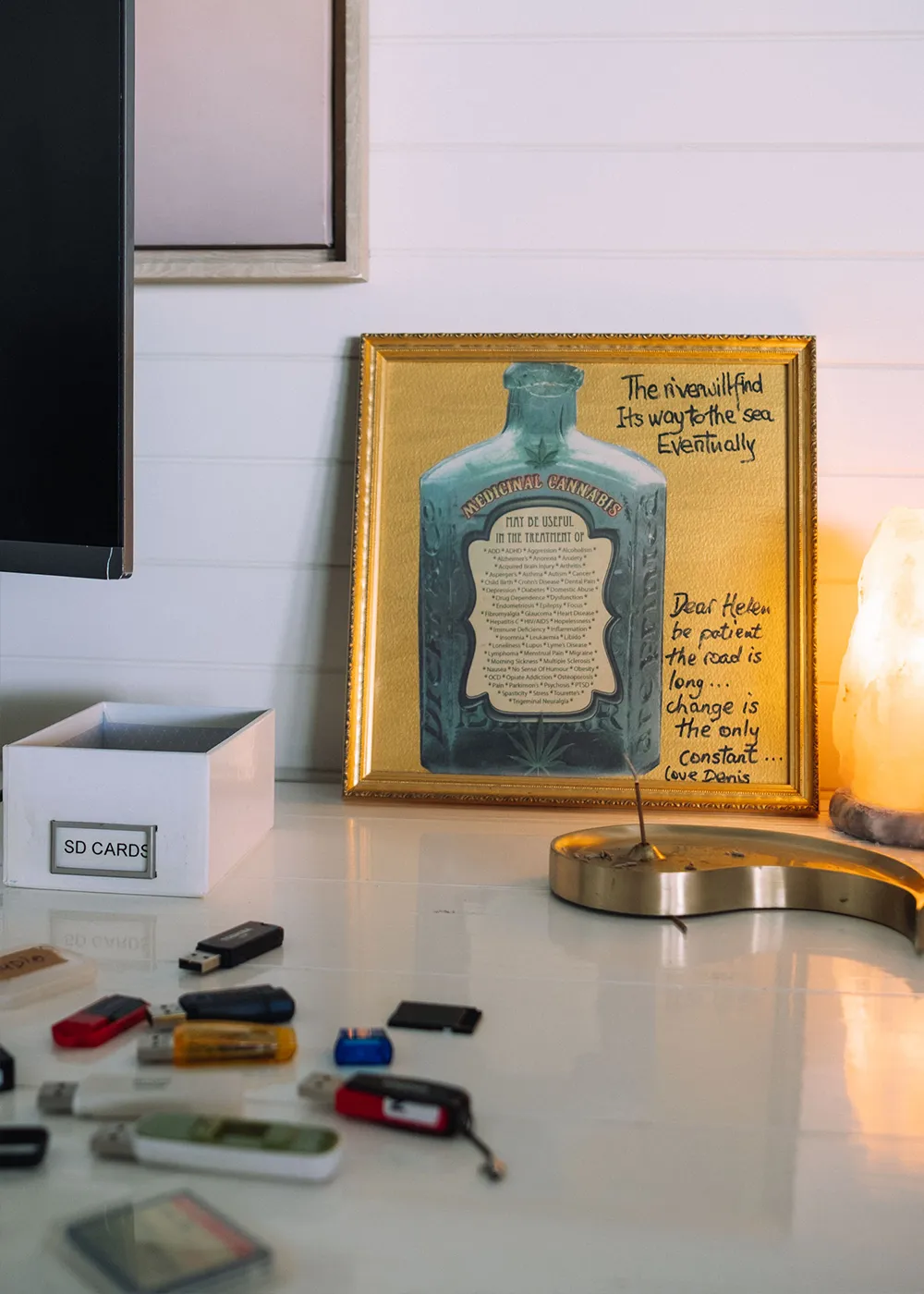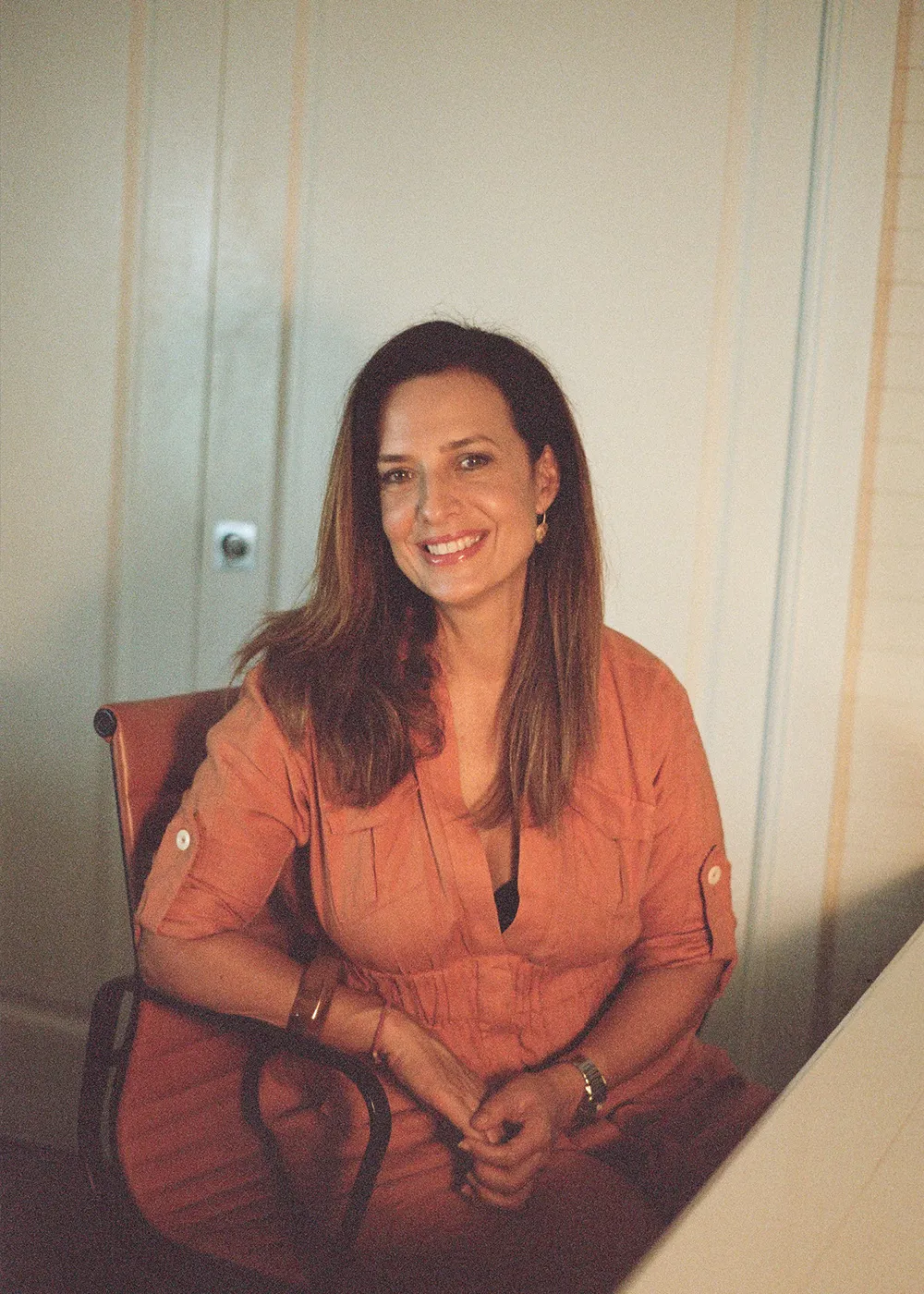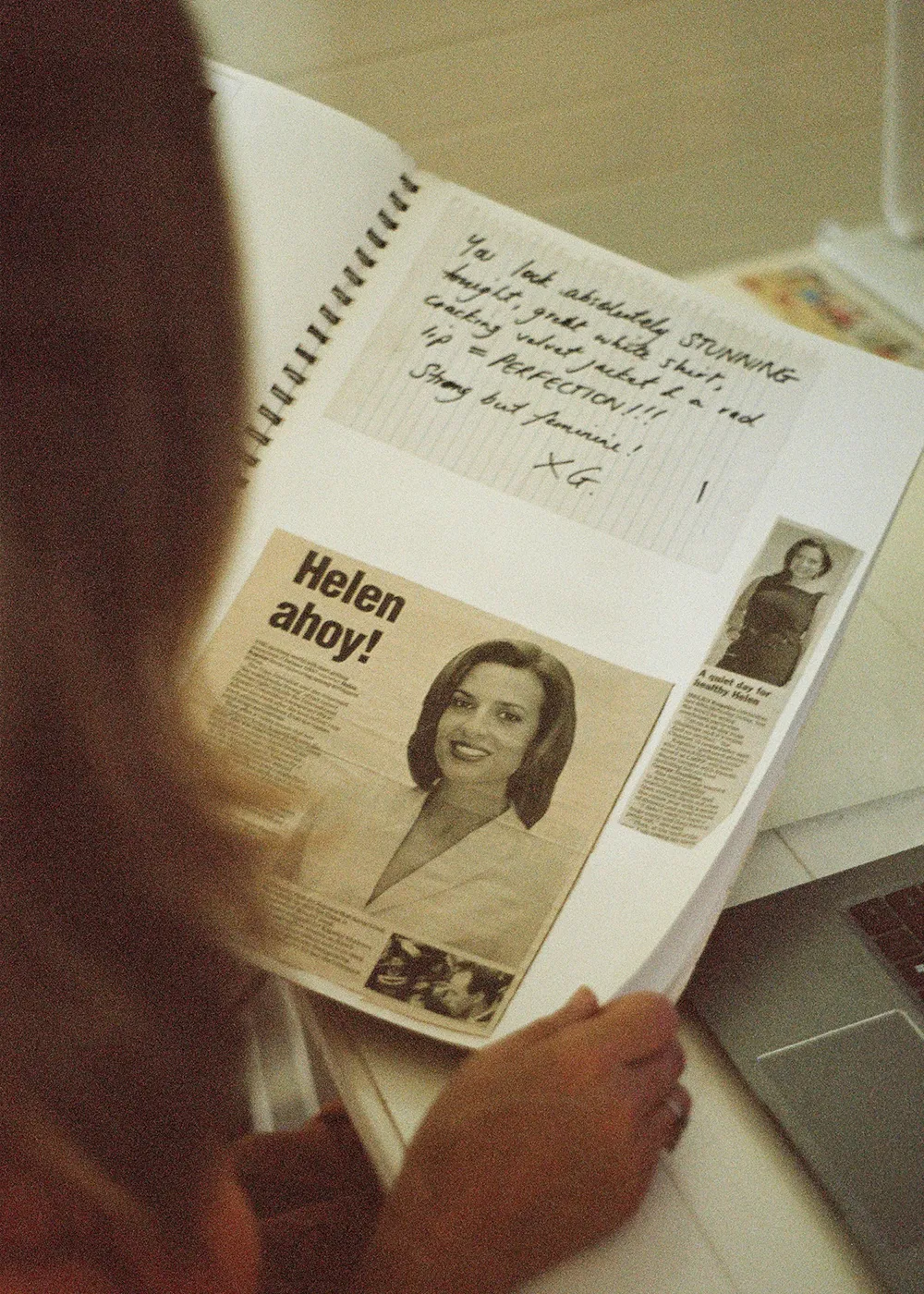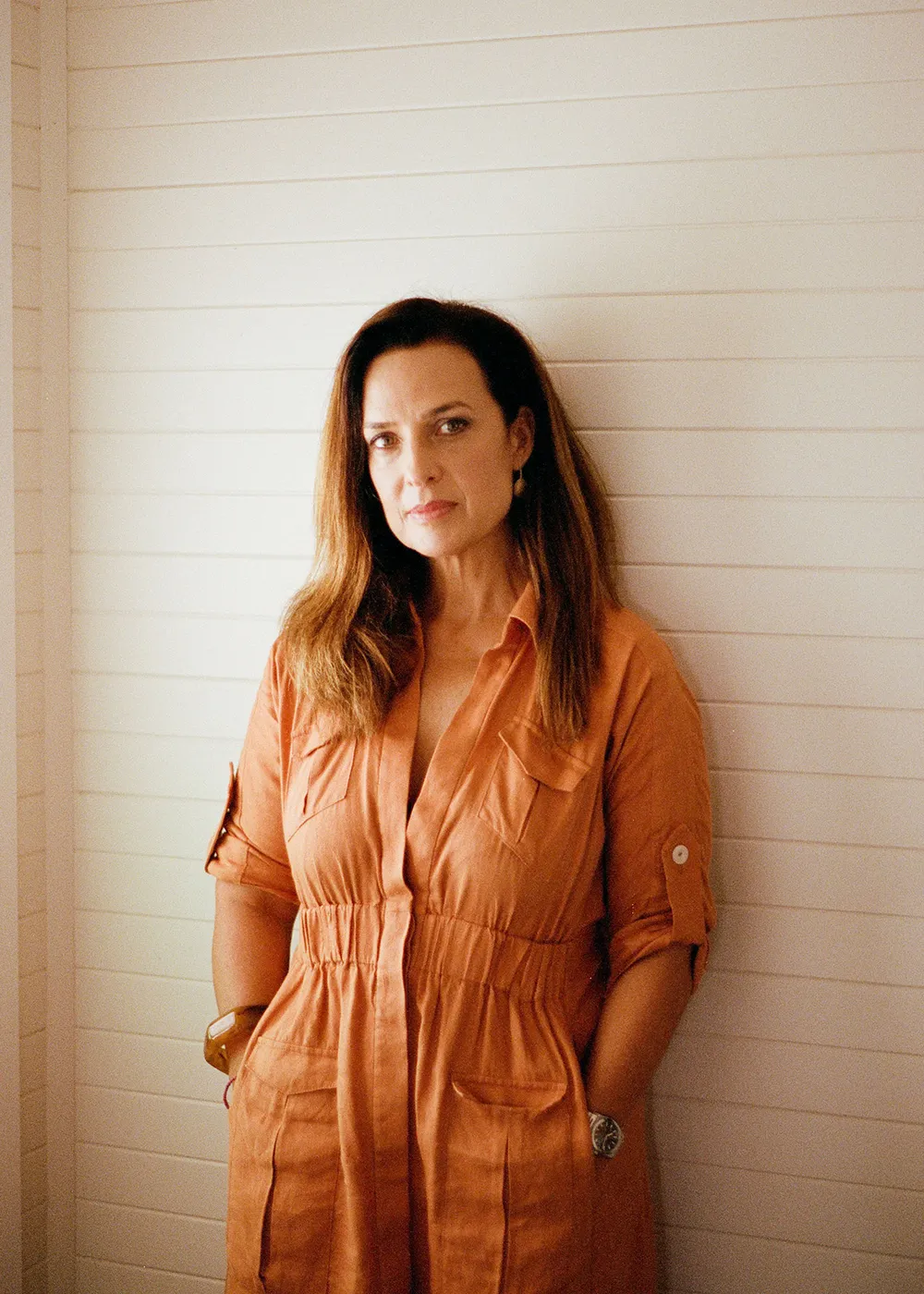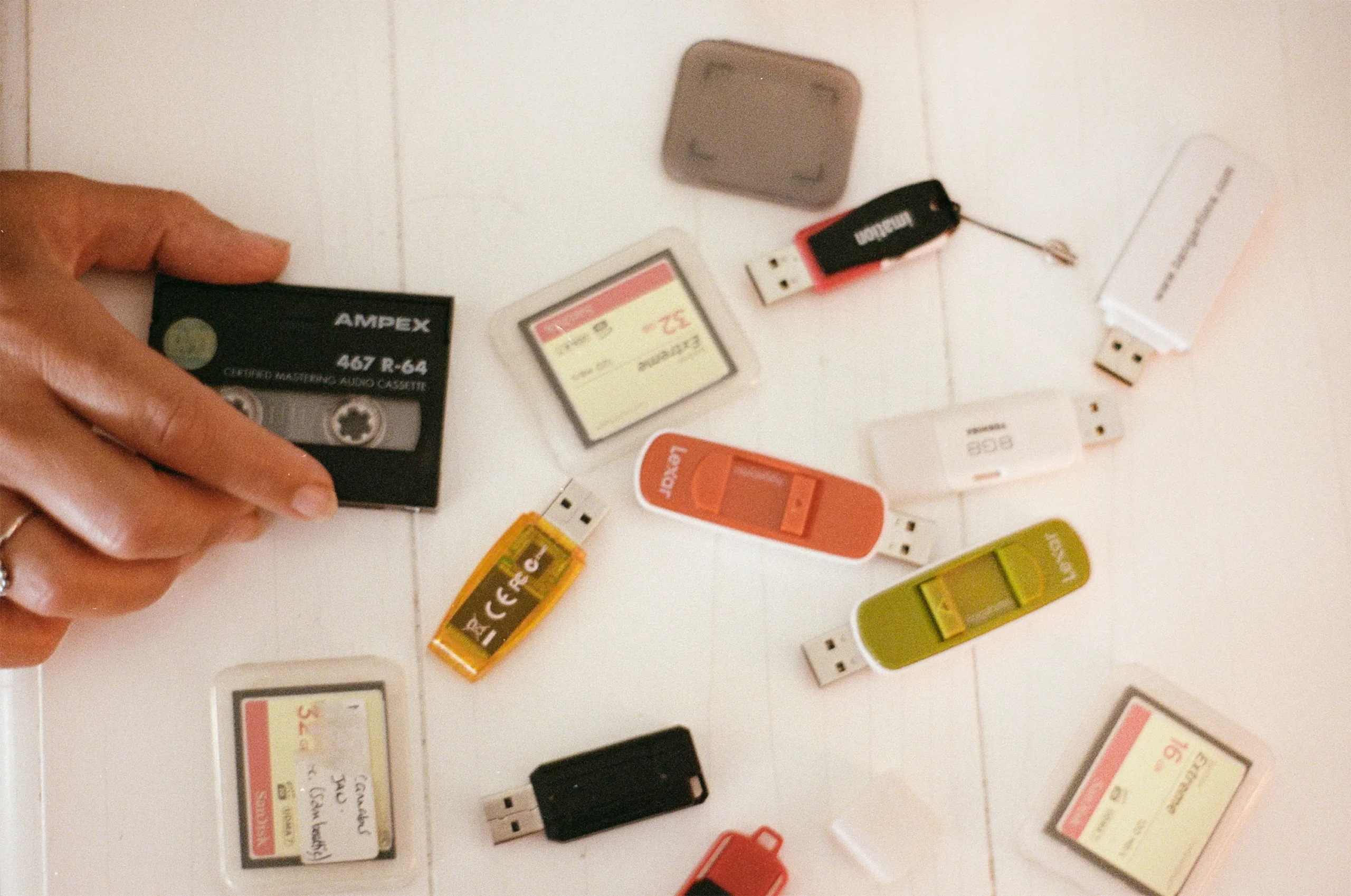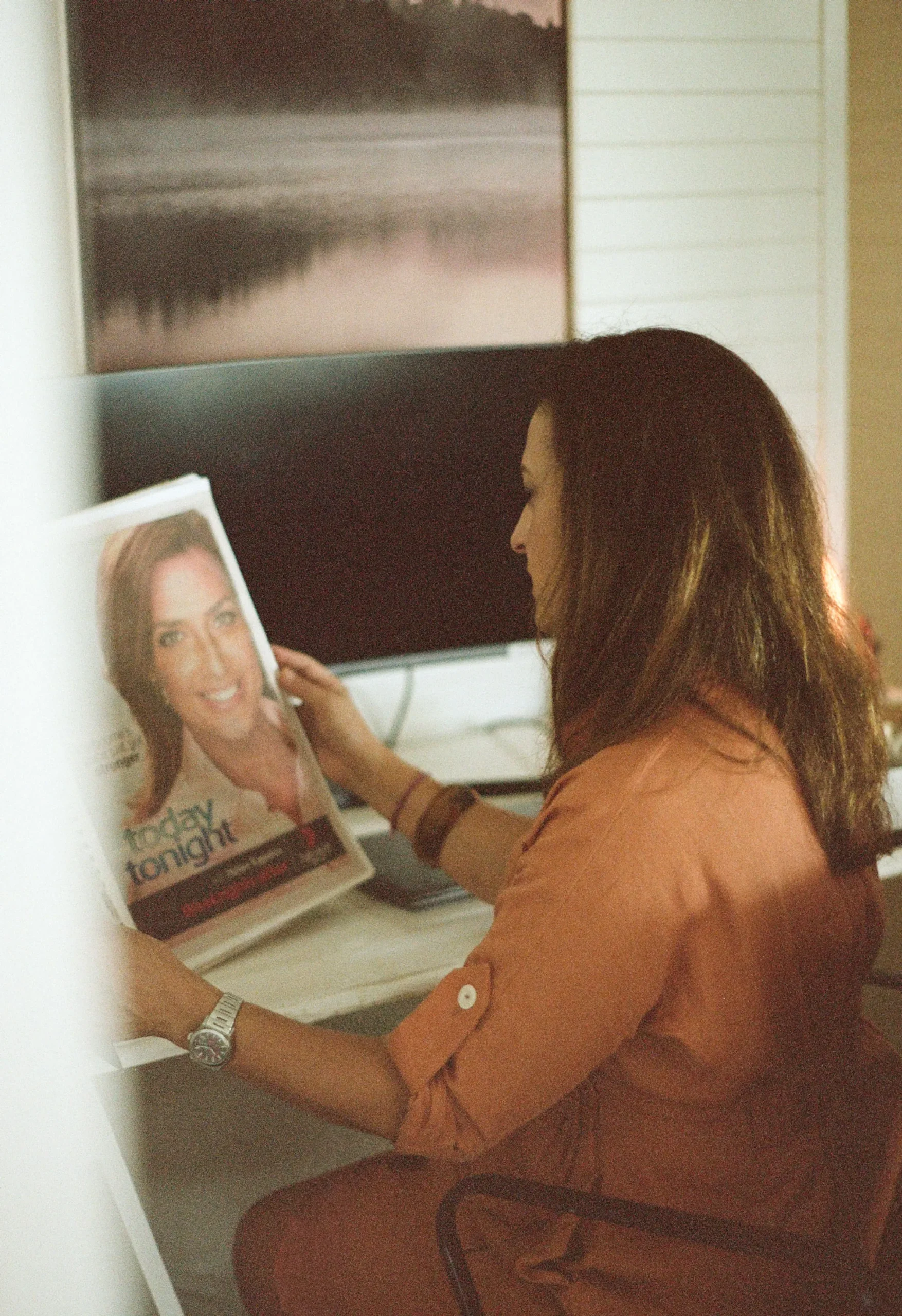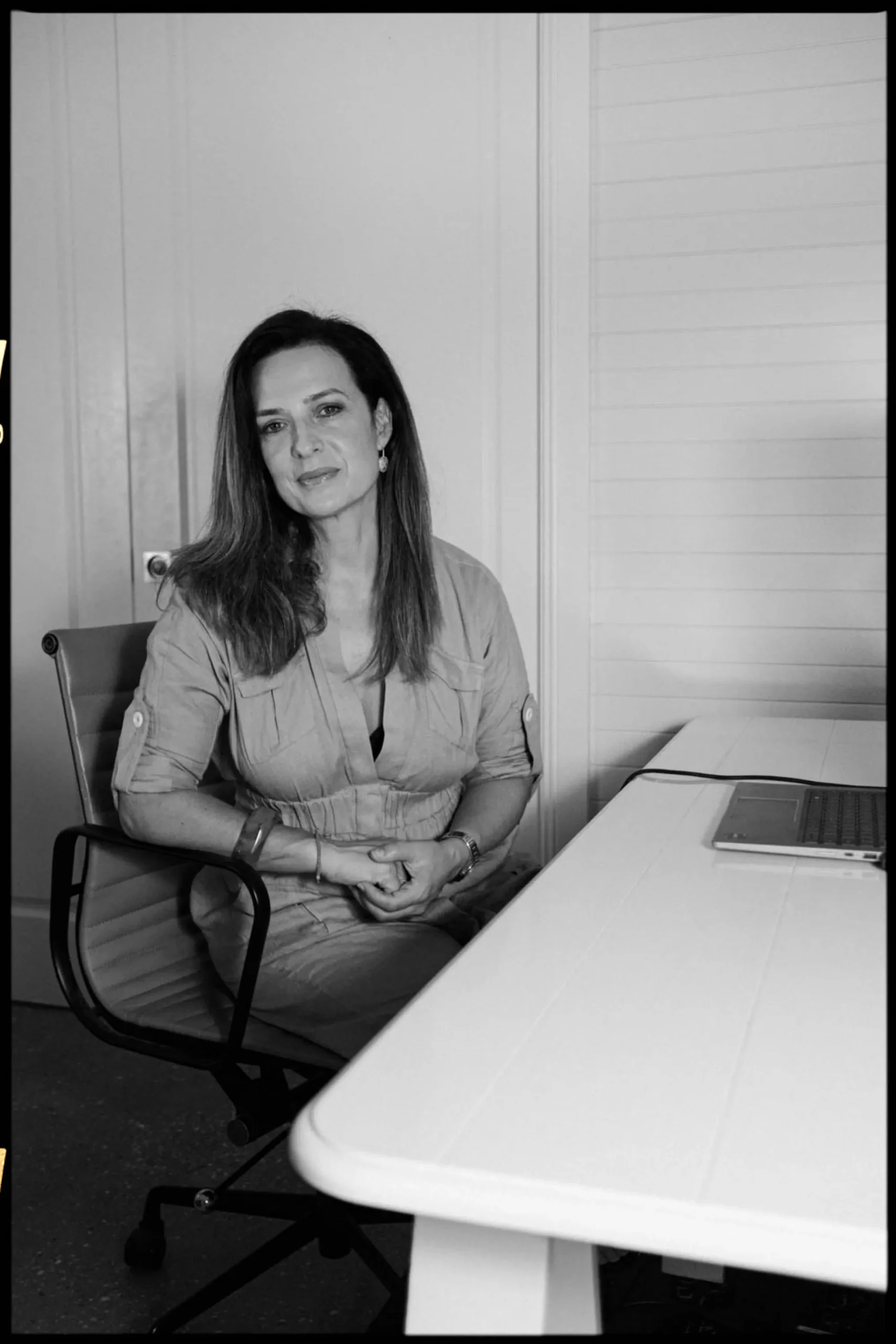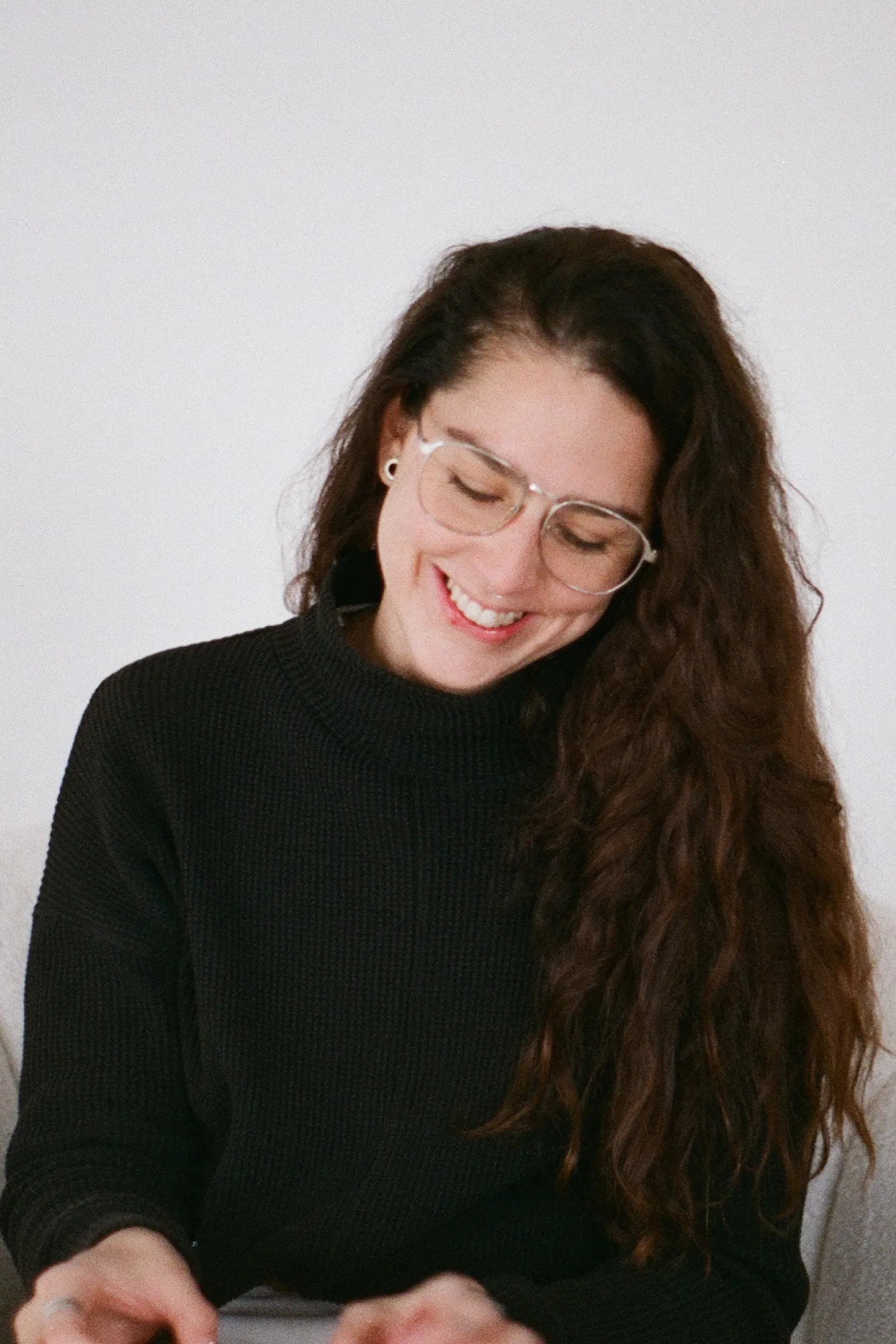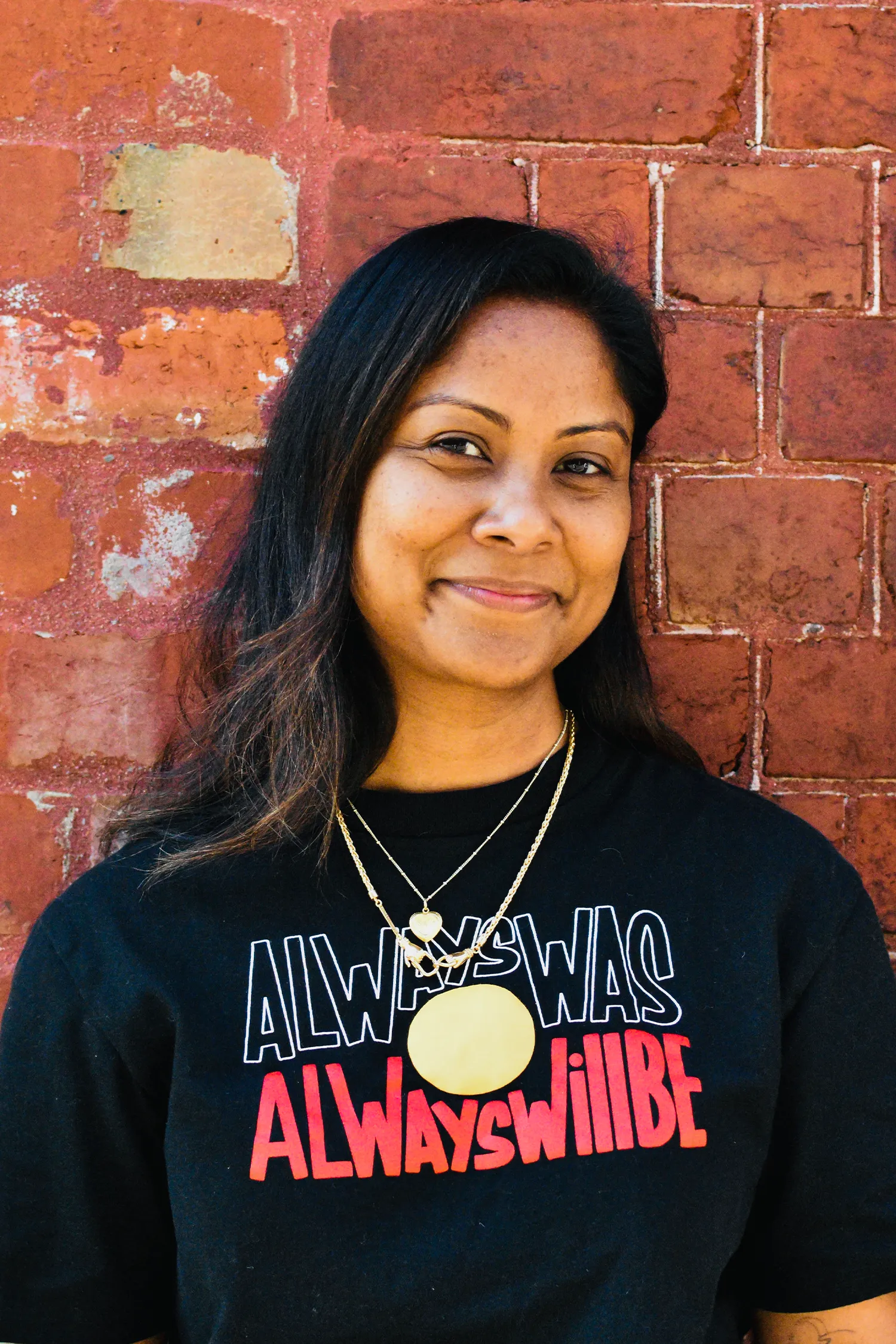BM: What does truth and speaking the truth mean to you?
HK: Speaking the truth is sometimes easy, but most often, tough. Although I am a pretty direct person, I do not like upsetting people. I like pleasing them, which of course, means setting boundaries is a big theme in my life. At its worst, speaking the truth can alienate and divide, and at best, it is the ultimate act of emancipation,
In my case it unshackled me from a career that was threatening to erode my values and stepping away from that, and into this new world, where I had no idea what was next, or how I would get on in the world, was an unscripted adventure. Losing control of everything I had known – the safe life, the safe job, the steady income, the comfortable world I had settled into, meant I had to form a different relationship with the world.
It is where I came to realise the next truth in life; that we have a lot less control than we think, and that missteps, sidesteps, falling down and getting up again are non-negotiable truths, not just for me, but for everyone. Some people might like to think of these u-turns in binary terms like success and failure.
However, I learned that speaking my truth was the passport to a fulfilling life, and that it would sometimes invoke painful consequences along the way, and that’s how it had to be. What was seen (for me, this new freedom to create my own destiny) could not be unseen.
